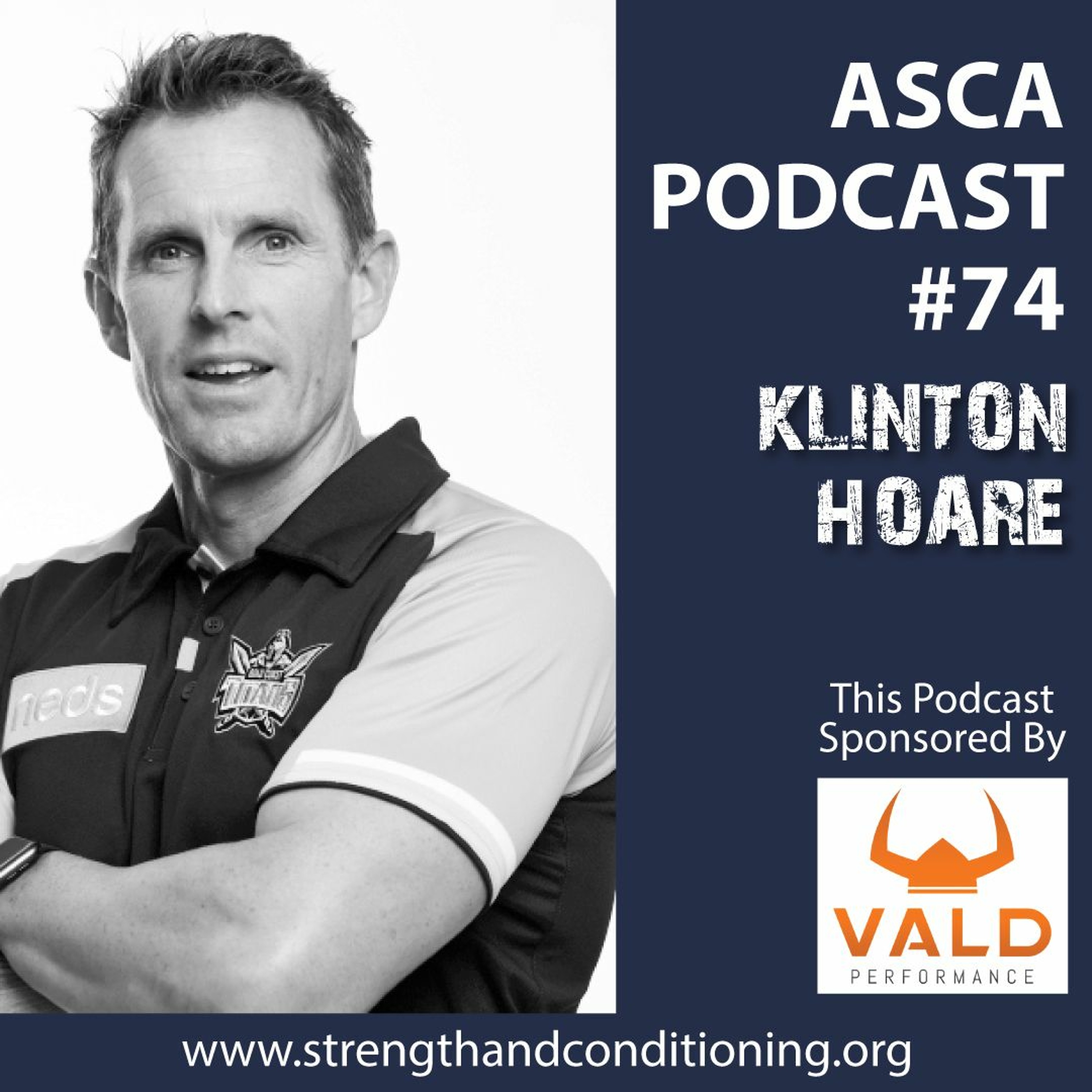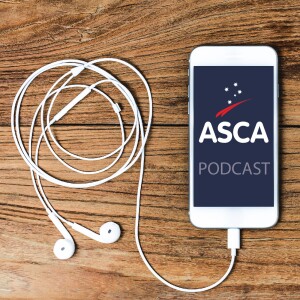
Klinton Hoare is an experienced strength and conditioning coach with a demonstrated history working in the professional training & coaching industry, leading systems, and pathways towards long term sustainable athletic development.
Currently employed by the Gold Coast Titans working as the High-Performance Manager, Klinton’s 20plus years’ experience has seen him employed across a variety of sports including holding the role as Head of Athletic Performance with the National Rugby League 2004-2012, Head of Performance of Samoa Rugby League 2013-2019, S & C for the Cronulla Sharks 2013-14 and as the Strength & Conditioning Coach for the USA Gold Medal Winning Softball Team at the 2000 Olympics.
Over the past decade Klinton has consulted to professional athletes in both the Northern and Southern Hemisphere, also having been commissioned by both professional and semi-professional teams to lead and be part of teams that have introduced cultural change and enhance the performance environment.
As a graduate of Australian Catholic University with an Exercise Sports Science degree, Klinton holds his ESSA HPM accreditation and is an ASCA level 2 Elite Pro Coach, however, will passionately declare, the lessons learnt from his athletes, working alongside influential coaches combined with two and half decades of exposure to high performing strength and conditioning environments that have taught him availability, engagement and performance are the keys to a successful program.
QUOTES
“A high-performance department needs collective collaboration”
“In the big end of town, there is no place for you to work in silos”
“Once you start praising and giving recognition, people become more forward in collaborating with one another”
“Speed is king in rugby league”
“If the coach needs to change something, you have to be ready to adapt and go with it as best as you can”
“Energy precedes any programming as a coach”
Show notes
1) Klint’s initial beginnings in rugby league and his progressions in strength and conditioning
2) What a high-performance team requires and how collaboration and standards can drive the group
3) The parallels and similarities between business and high-performance sport
4) The systems and structures that underpin daily operations, collaboration and competitiveness
5) Social capital, building high trust environments and fostering engagement
6) The “big rocks” for rugby league development
7) Speed development and where it fits in an overall rugby league program
8) Agile periodization, specific conditioning and where the “hot” session should sit in a week
9) Testing and assessments in rugby league
10) The dangers of programming too much and selling icecreams if you want to be loved
PEOPLE MENTIONED
Selwyn Griffith
Ashley Jones
Scott Campbell
view more
More Episodes
ASCA Podcast - Professor Paul Comfort II
 2024-10-28
2024-10-28
 2024-10-28
2024-10-28
ASCA Podcast #118 - John Hofman
 2024-10-20
2024-10-20
 2024-10-20
2024-10-20
ASCA Podcast #117 - James Baker
 2024-10-13
2024-10-13
 2024-10-13
2024-10-13
ASCA Podcast #115 - Dr. Steven Duhig
 2024-09-18
2024-09-18
 2024-09-18
2024-09-18
ASCA Podcast #114 - Shane Lehane
 2024-08-19
2024-08-19
 2024-08-19
2024-08-19
ASCA Podcast #113 - Dr. Simon Harries
 2024-07-18
2024-07-18
 2024-07-18
2024-07-18
ASCA Podcast #112 - Dan Howells
 2024-06-21
2024-06-21
 2024-06-21
2024-06-21
ASCA Podcast #111 - Ben Norcott
 2024-05-14
2024-05-14
 2024-05-14
2024-05-14
ASCA Podcast #110 - Nathan Spencer
 2024-04-30
2024-04-30
 2024-04-30
2024-04-30
ASCA Podcast #109 - Dr. Tim Suchomel
 2024-03-21
2024-03-21
 2024-03-21
2024-03-21
ASCA Podcast #108 - Brendan Inkster
 2024-02-20
2024-02-20
 2024-02-20
2024-02-20
ASCA Podcast #107 - Gavin Pratt
 2024-02-04
2024-02-04
 2024-02-04
2024-02-04
ASCA Podcast #106 - Dr. Lachlan James
 2023-12-22
2023-12-22
 2023-12-22
2023-12-22
ASCA Podcast #105 - Mike McGurn
 2023-11-28
2023-11-28
 2023-11-28
2023-11-28
ASCA Podcast #104 - Ross Smith
 2023-10-30
2023-10-30
 2023-10-30
2023-10-30
012345678910111213141516171819
Create your
podcast in
minutes
- Full-featured podcast site
- Unlimited storage and bandwidth
- Comprehensive podcast stats
- Distribute to Apple Podcasts, Spotify, and more
- Make money with your podcast
It is Free
- Privacy Policy
- Cookie Policy
- Terms of Use
- Consent Preferences
- Copyright © 2015-2024 Podbean.com






